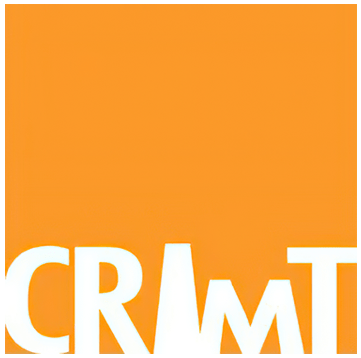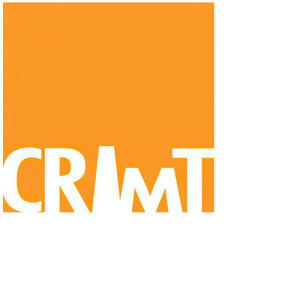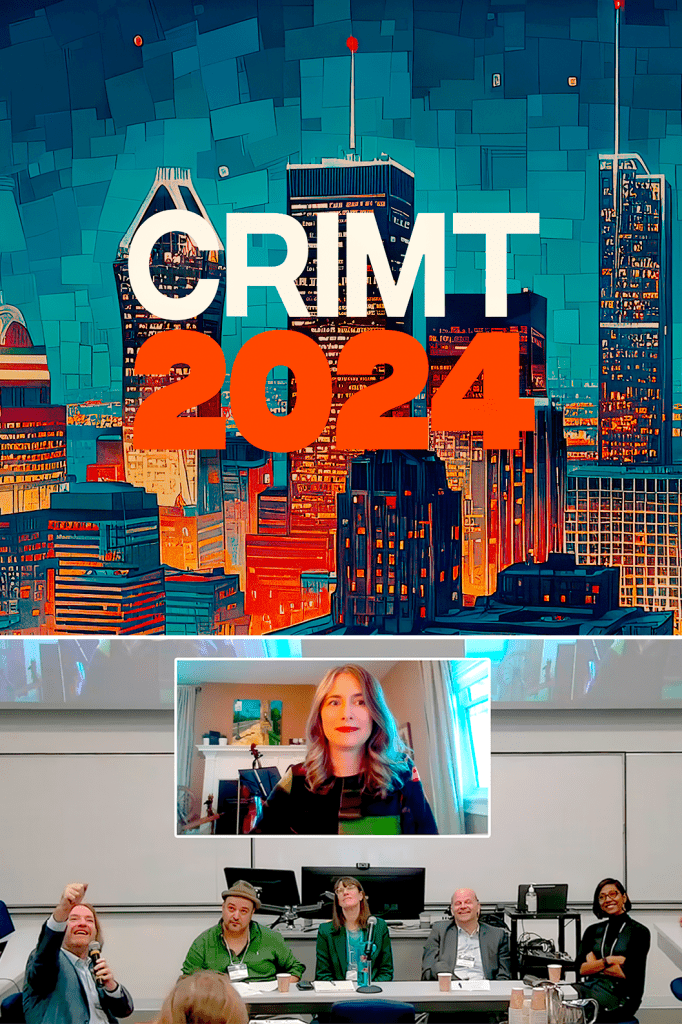
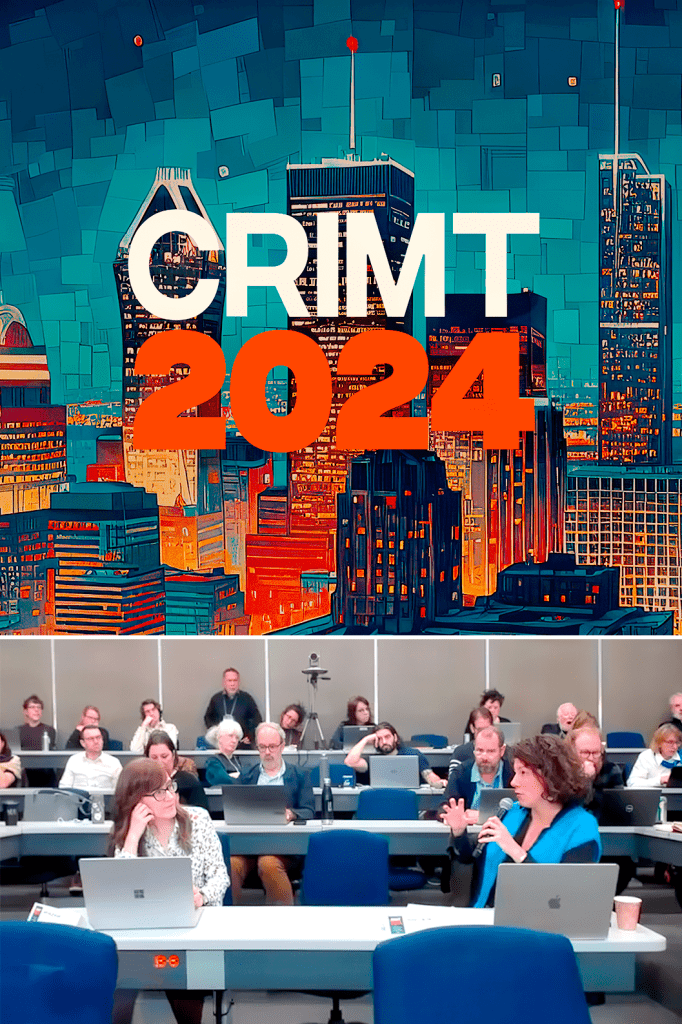
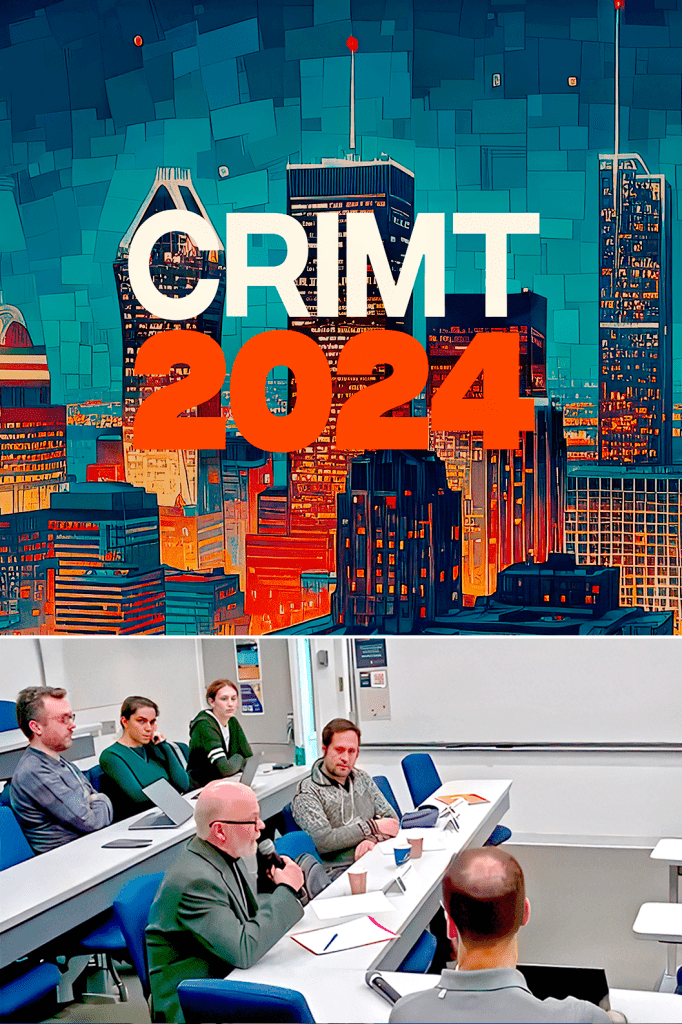
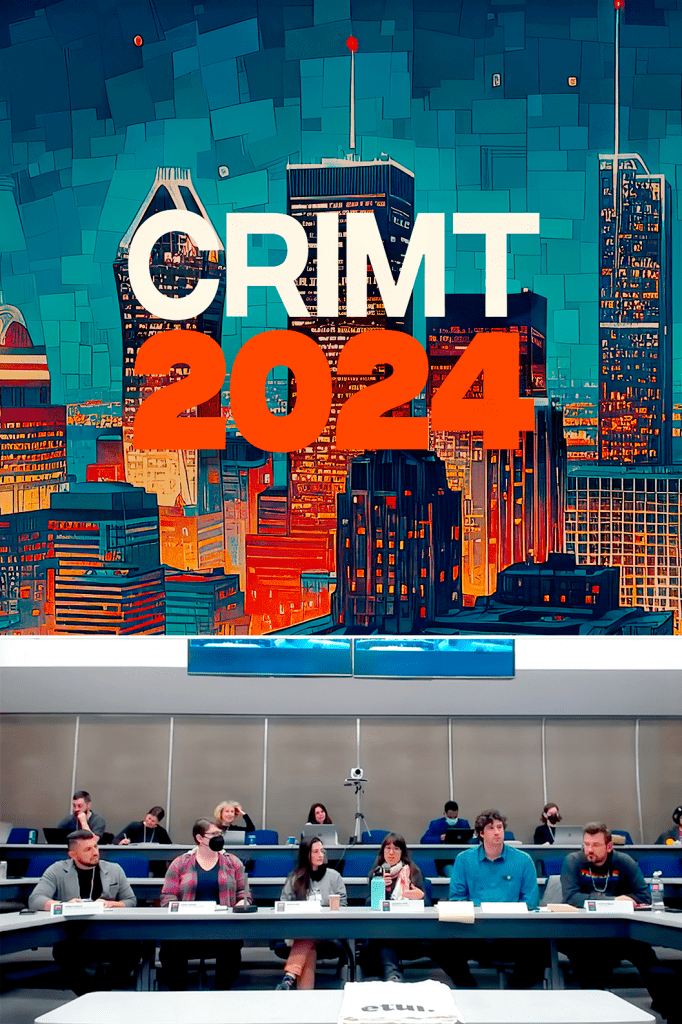
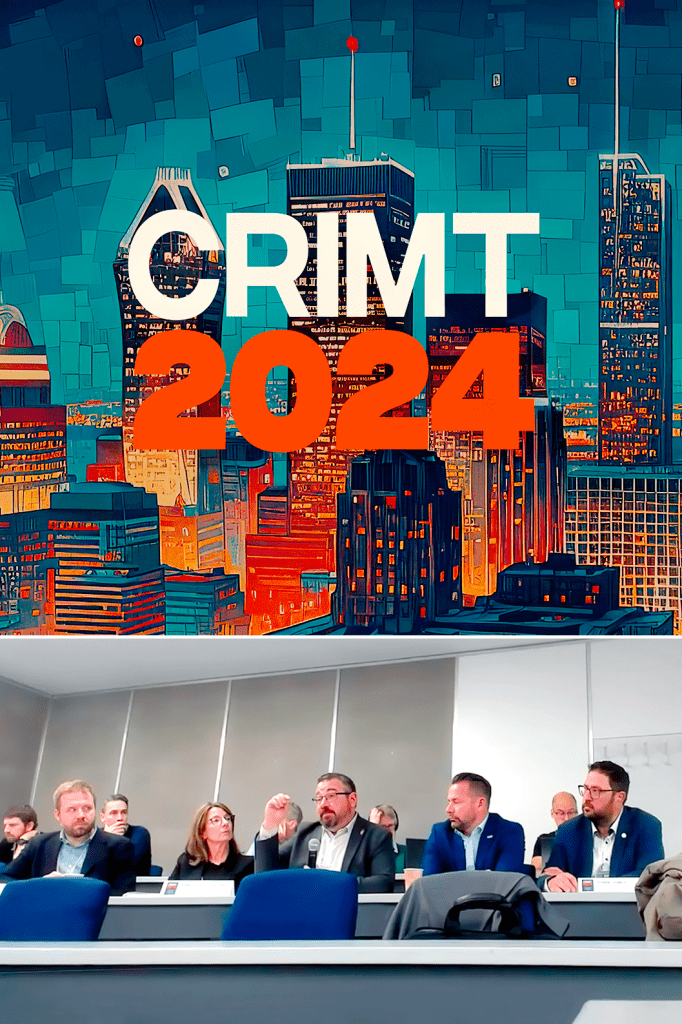
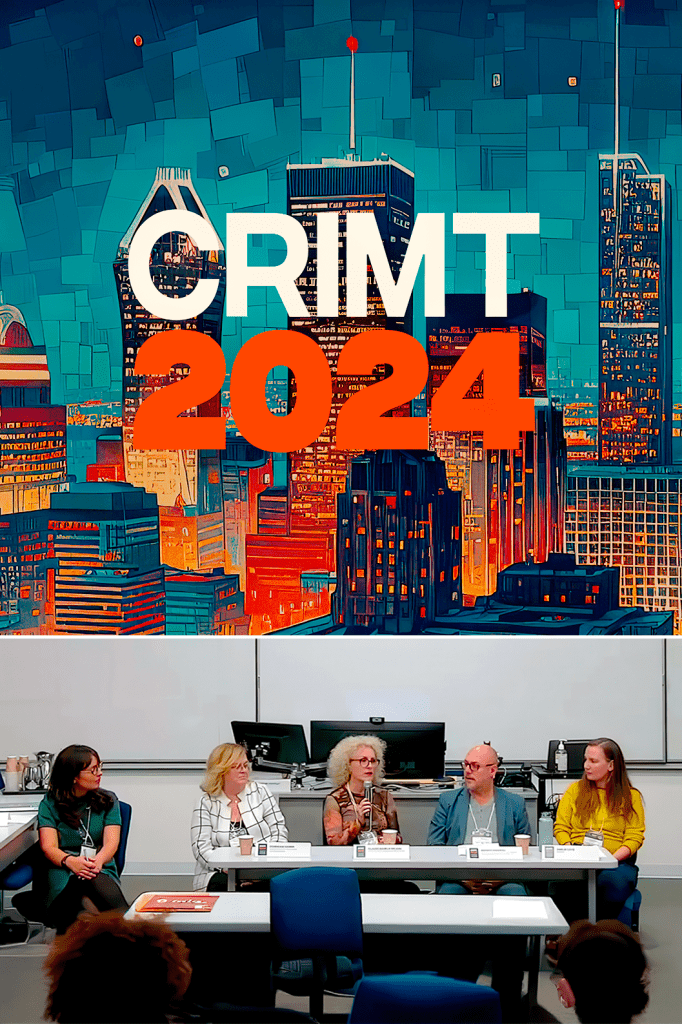
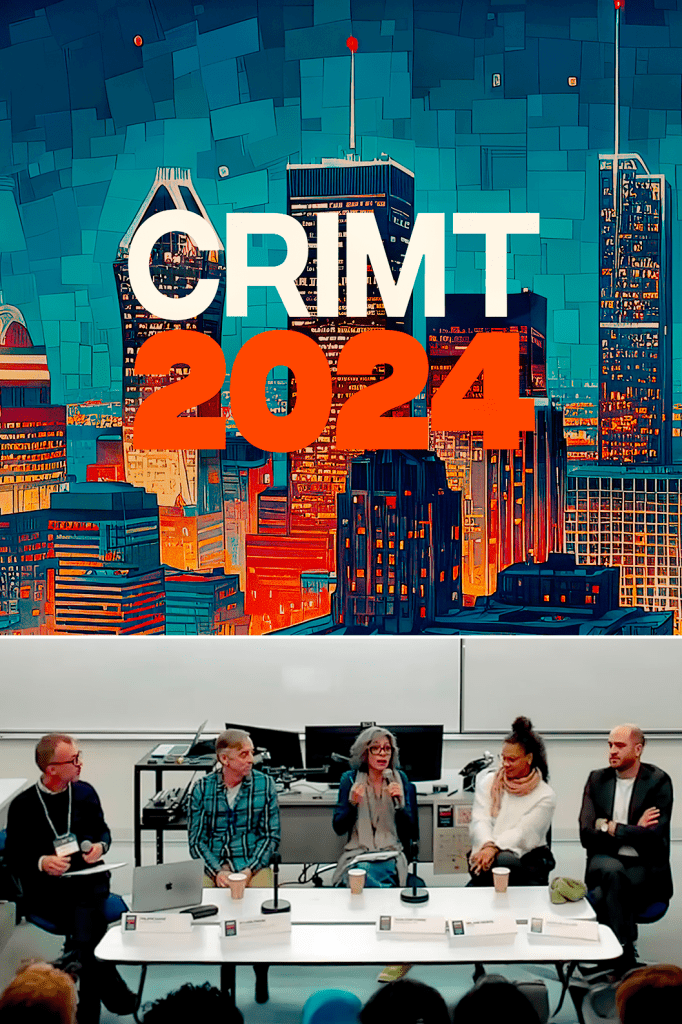
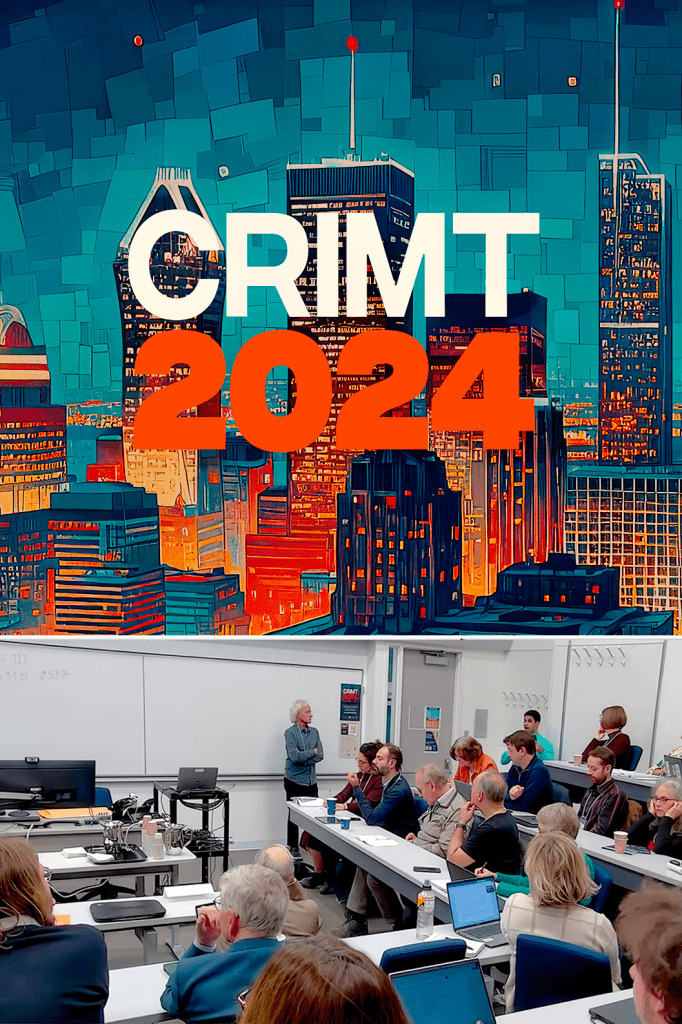
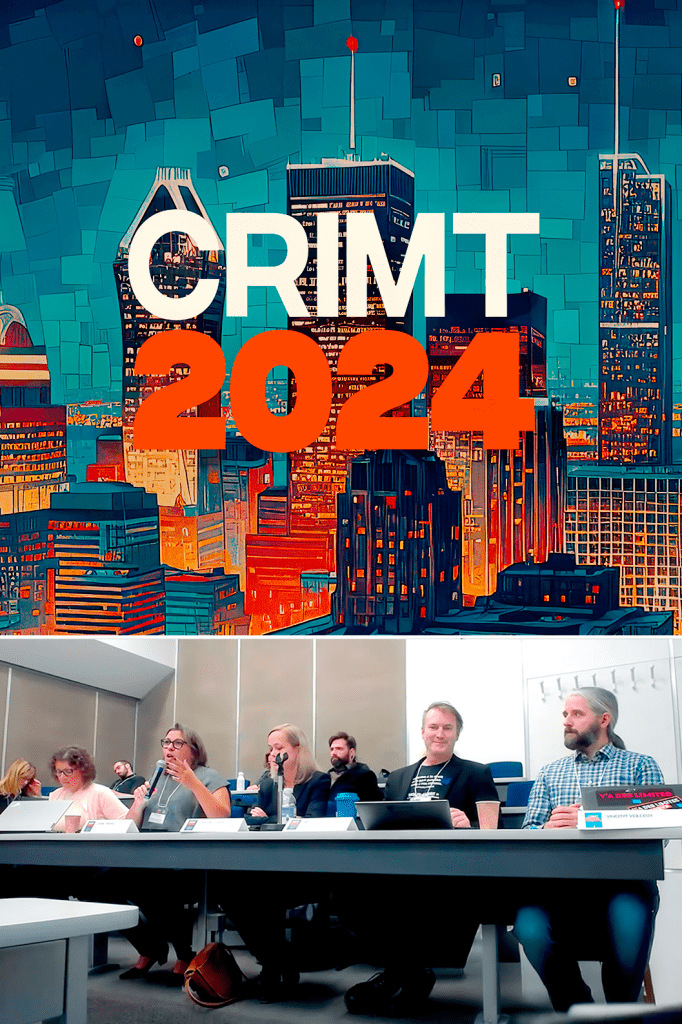
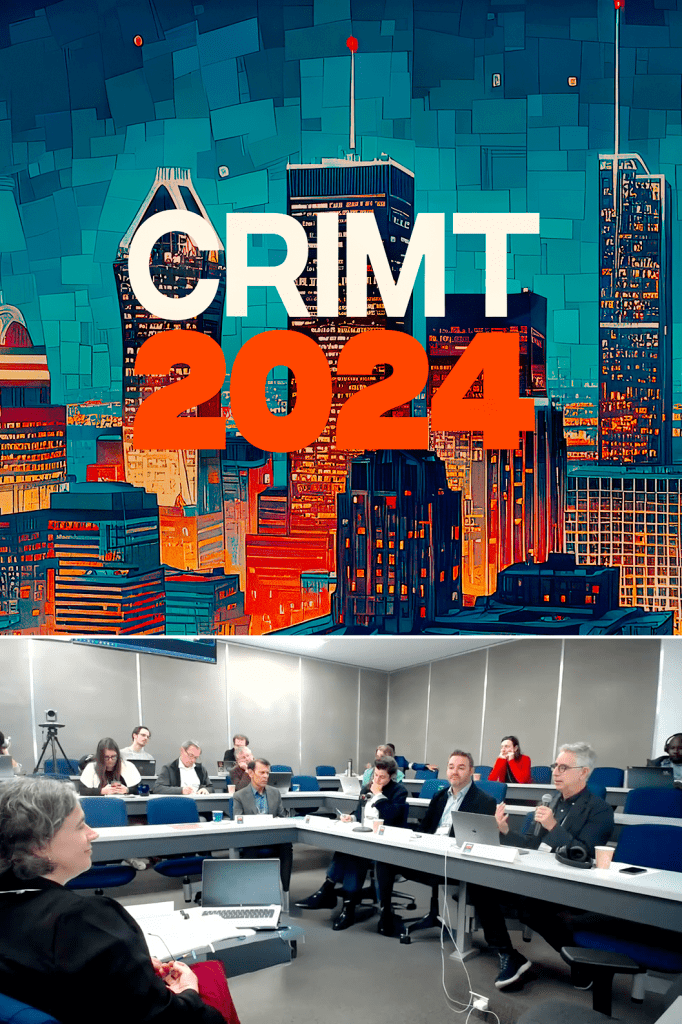
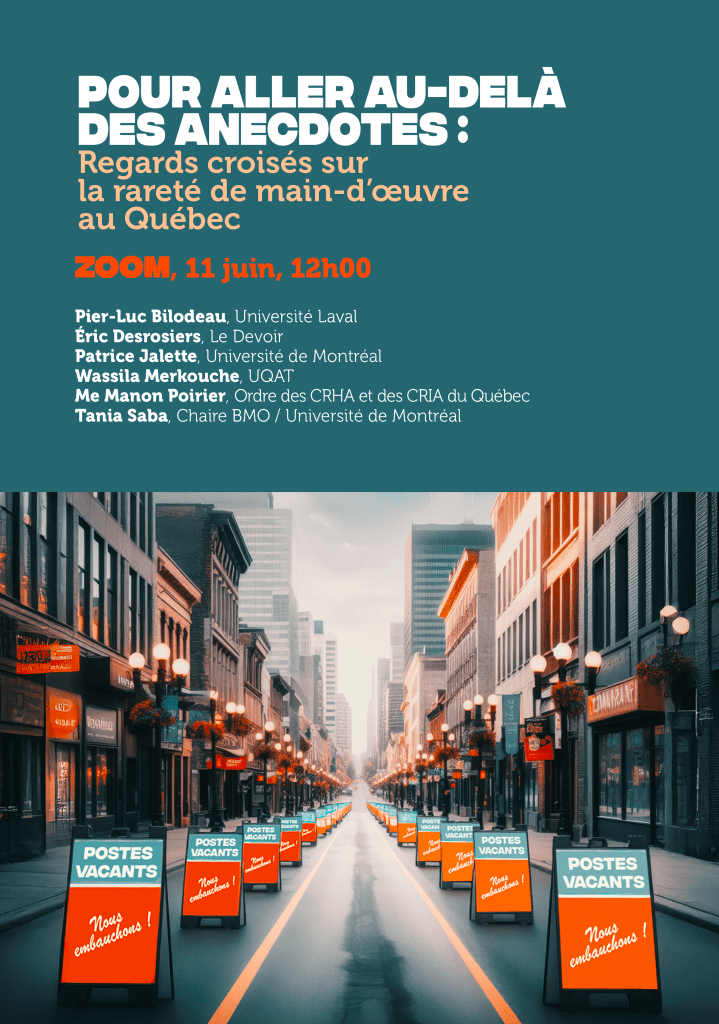
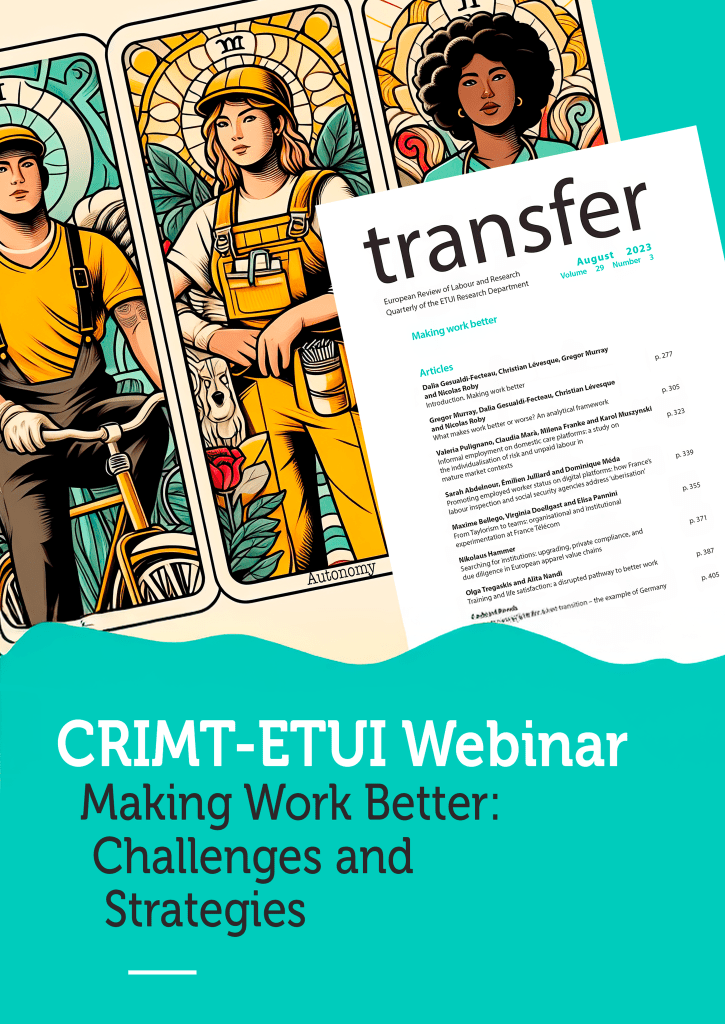
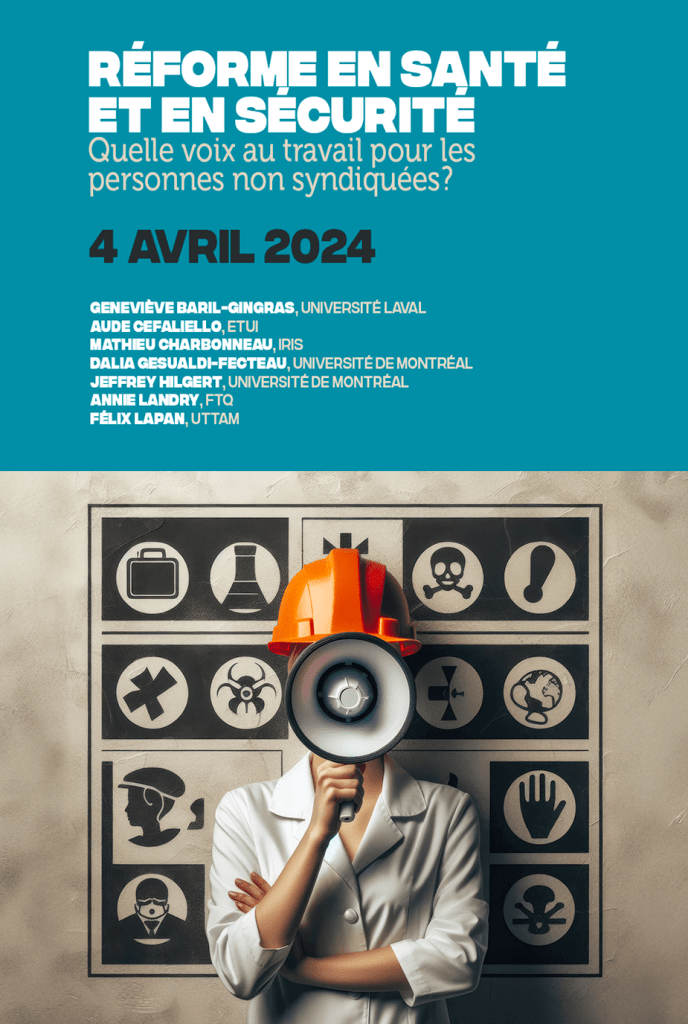


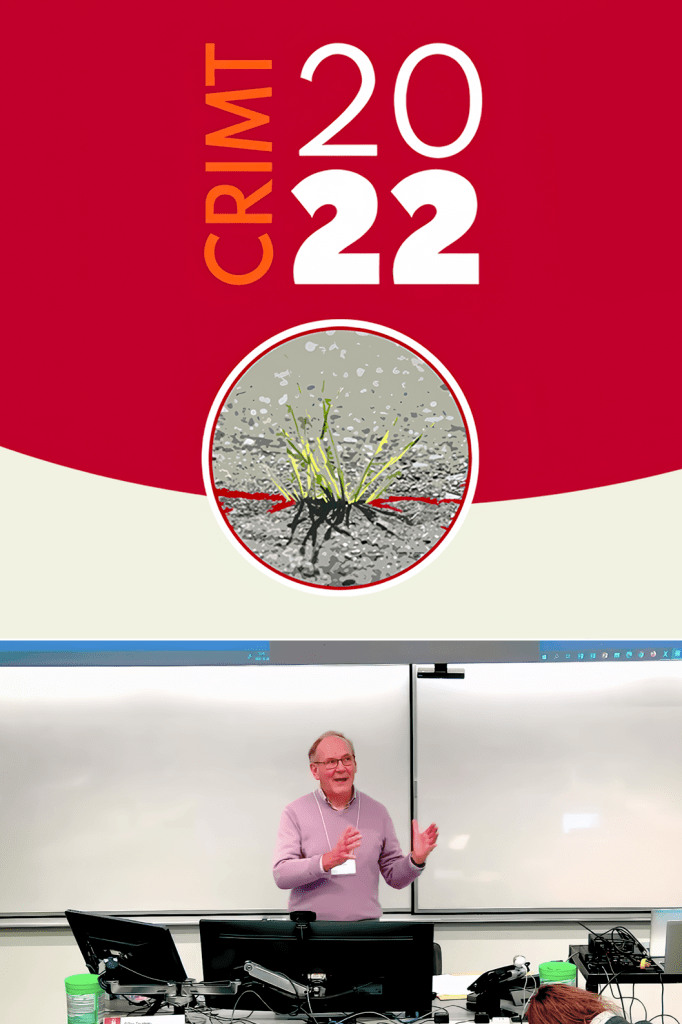
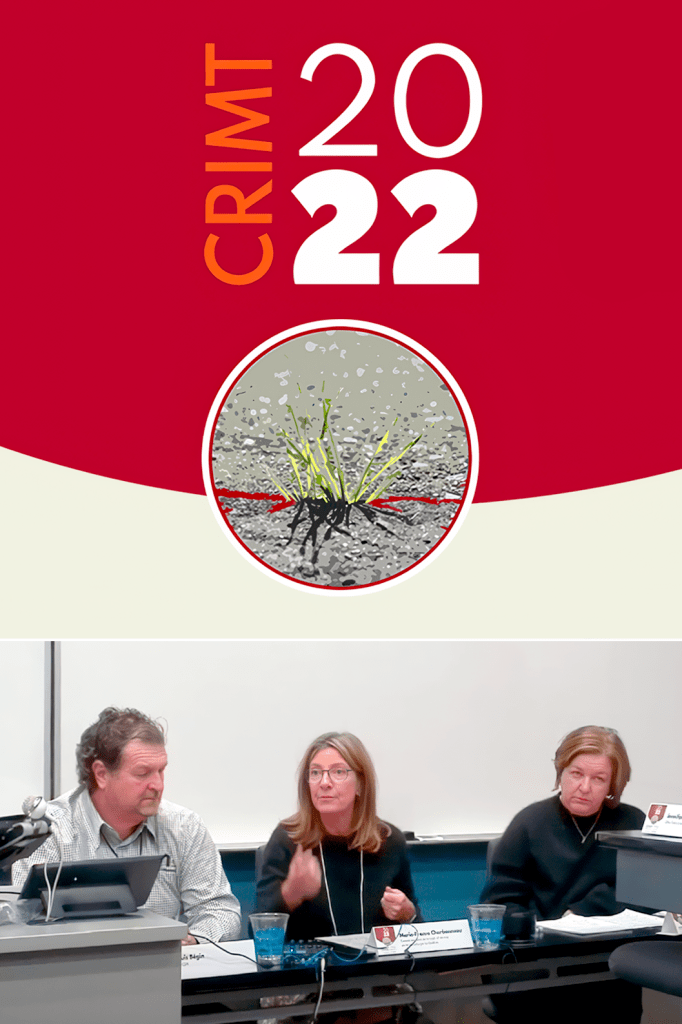
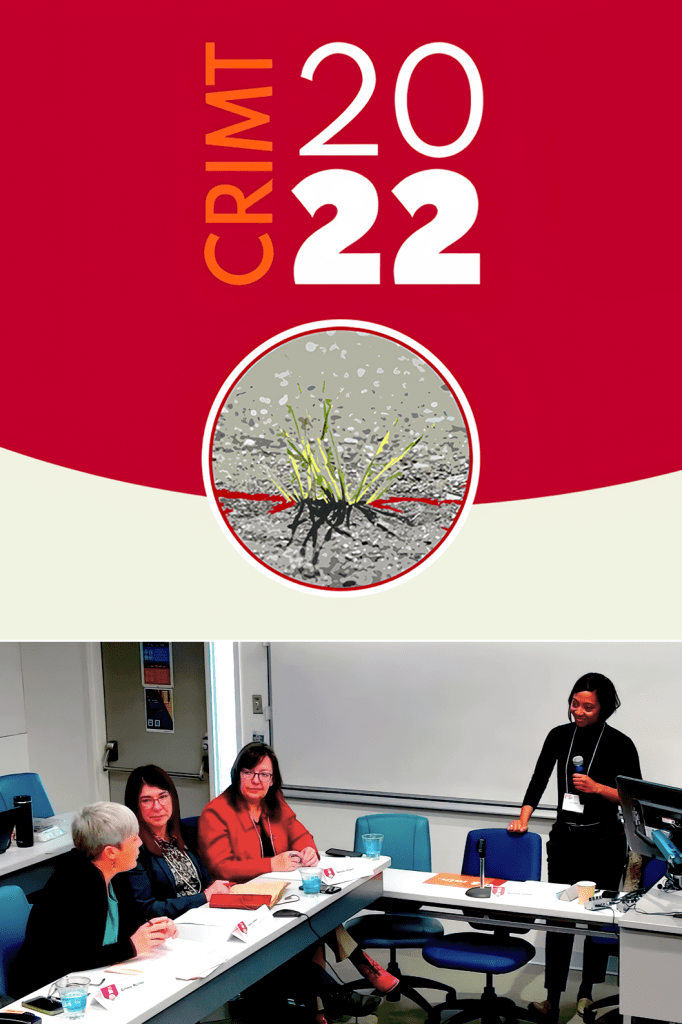
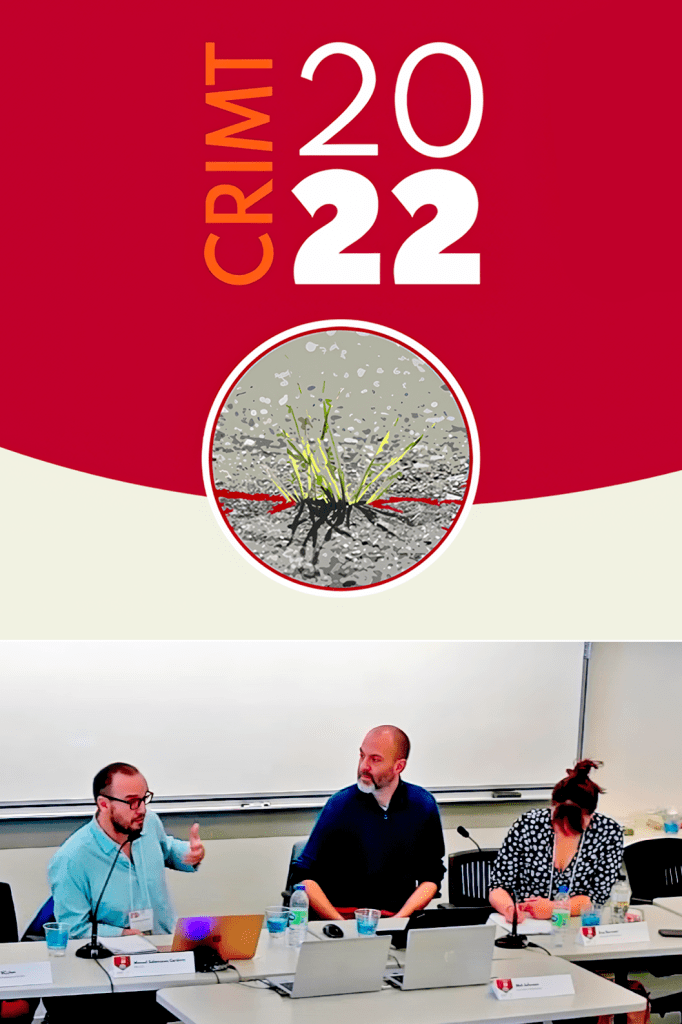
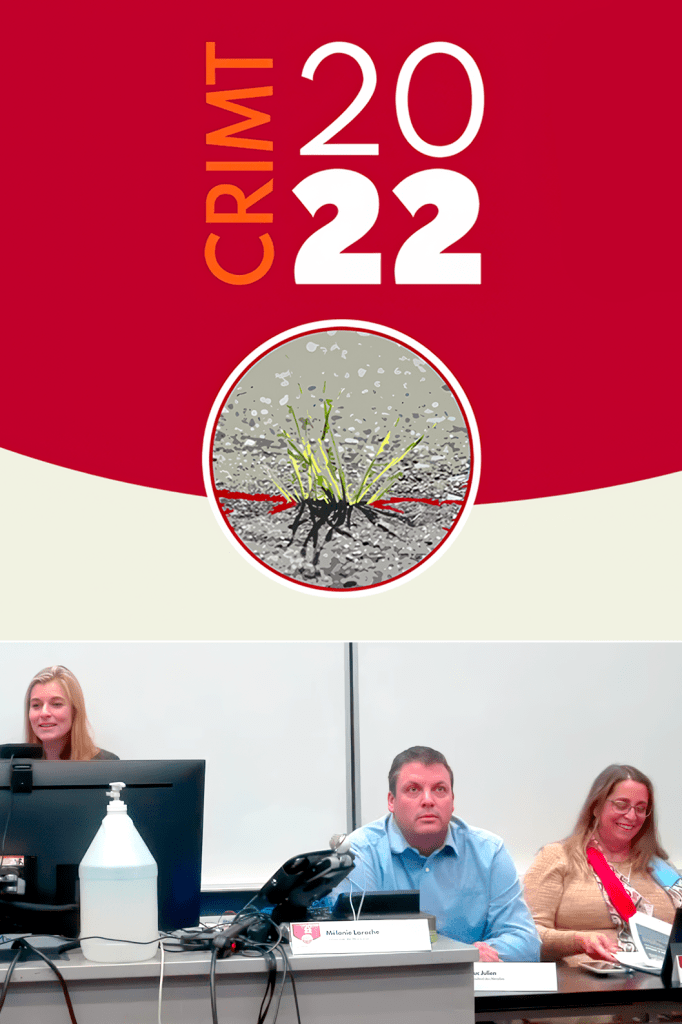
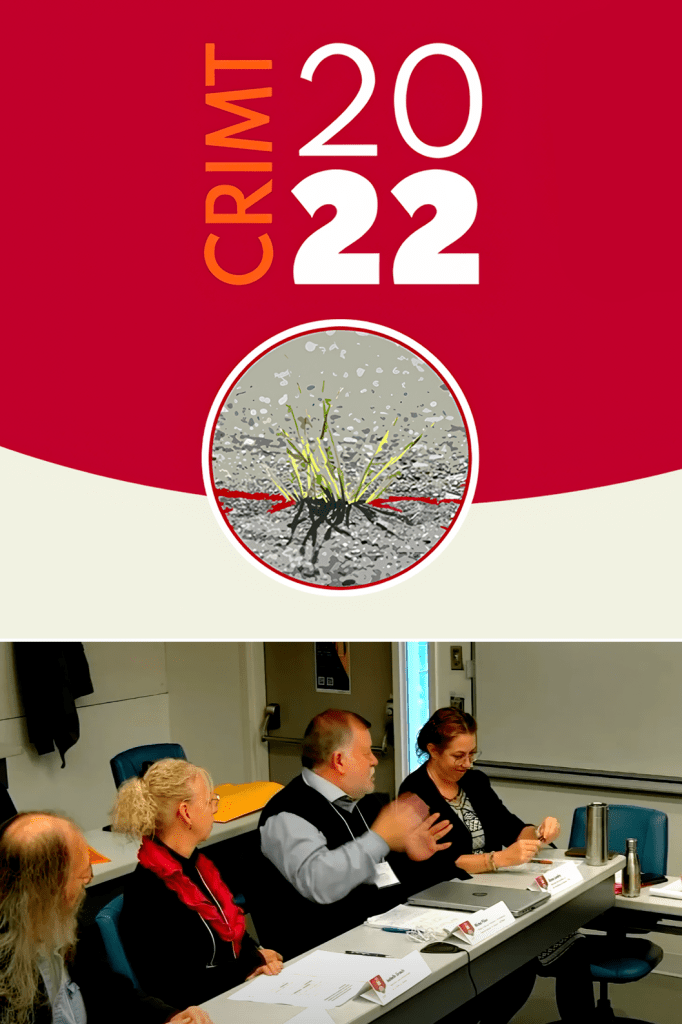
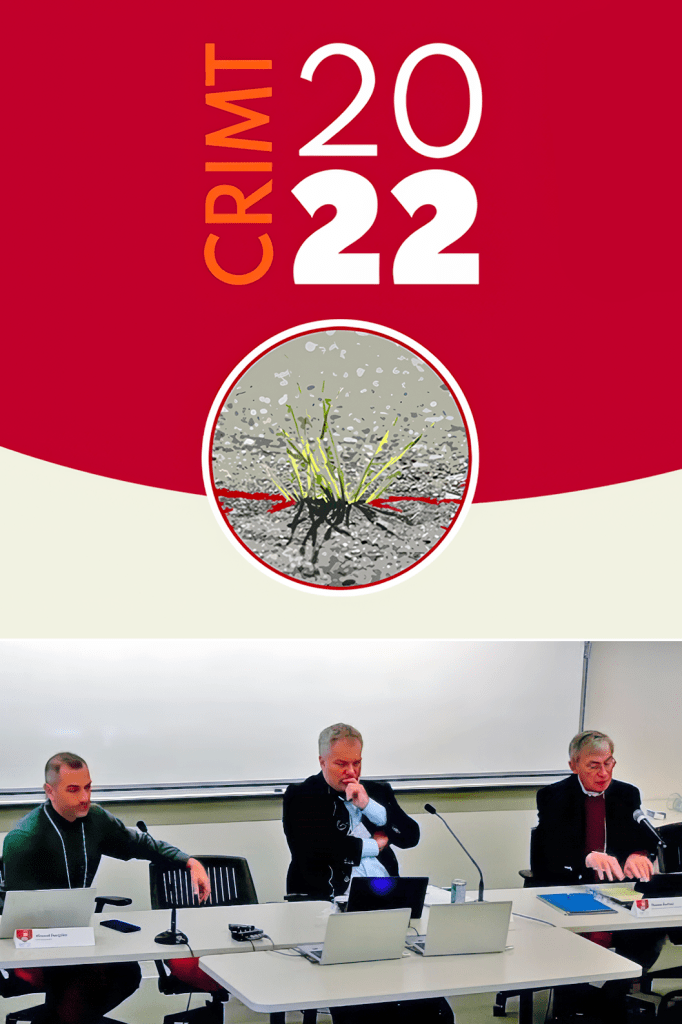
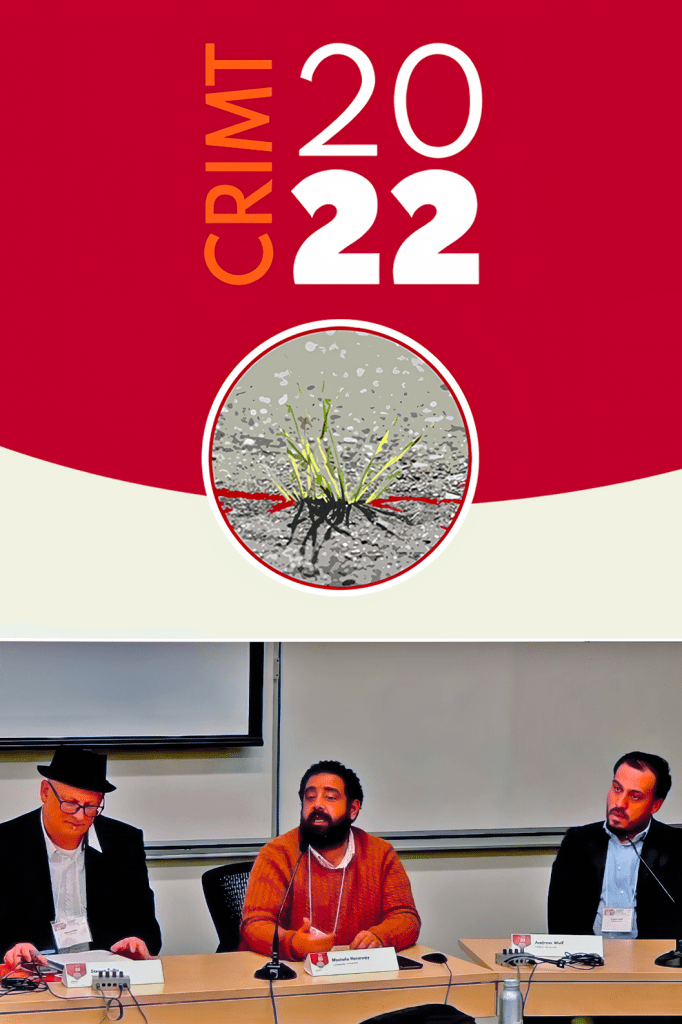
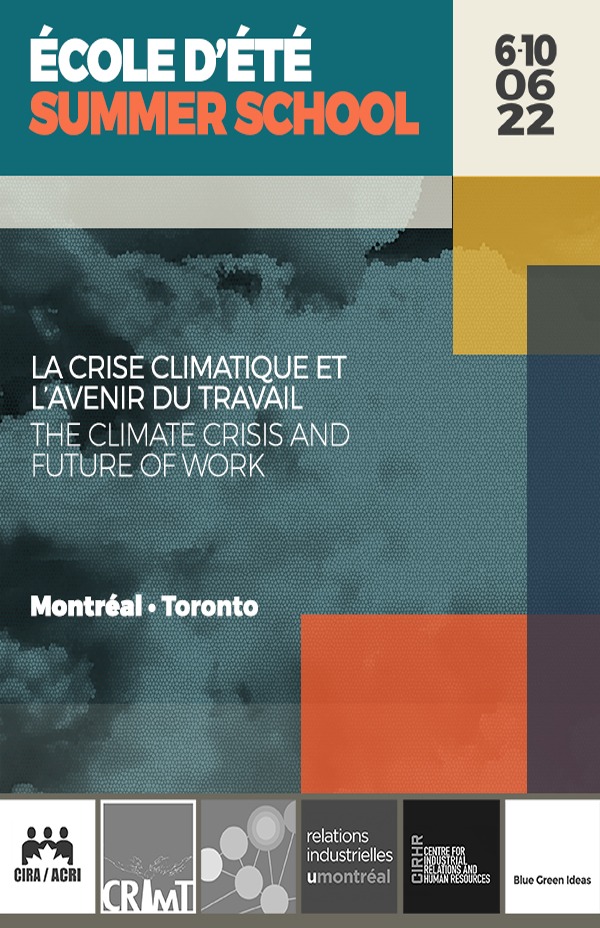




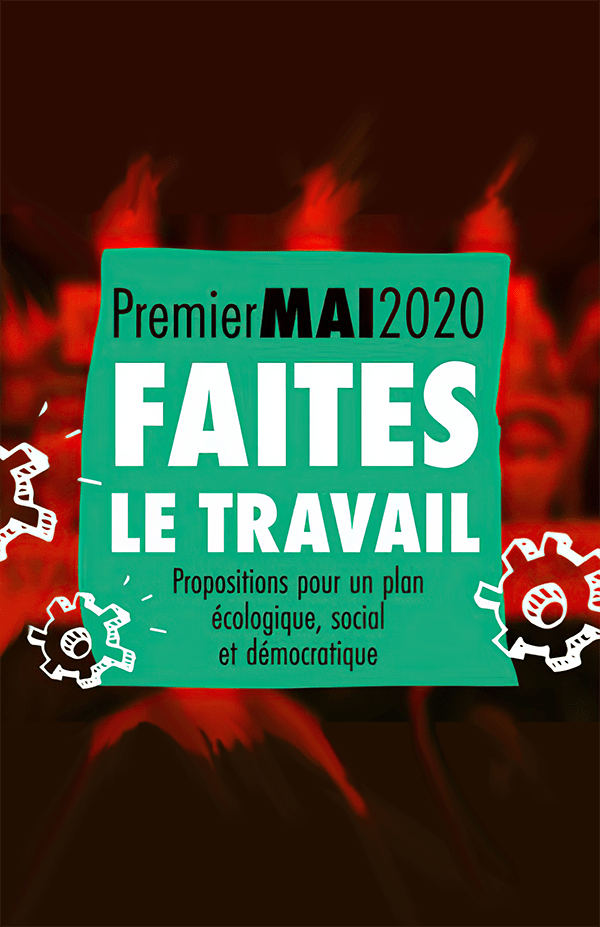
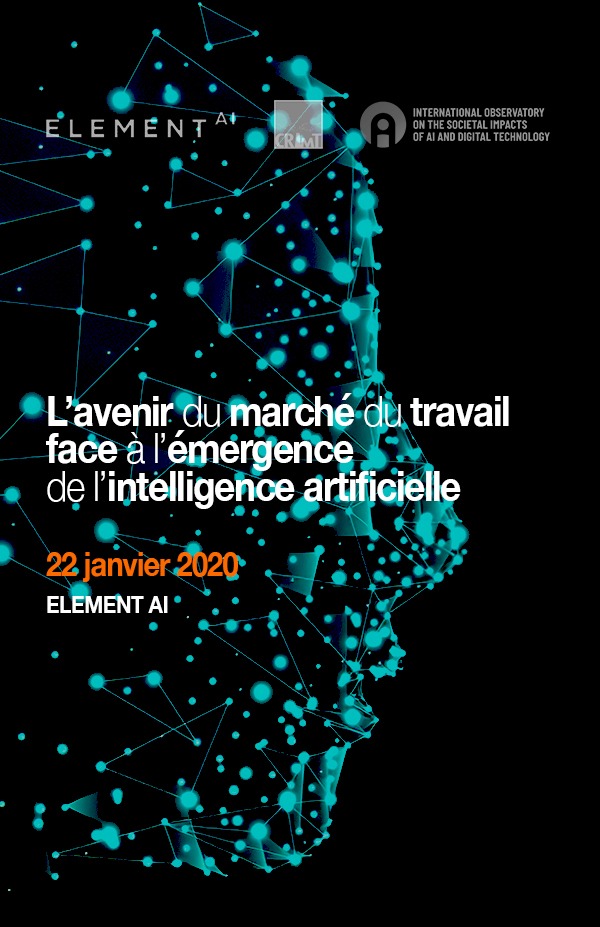
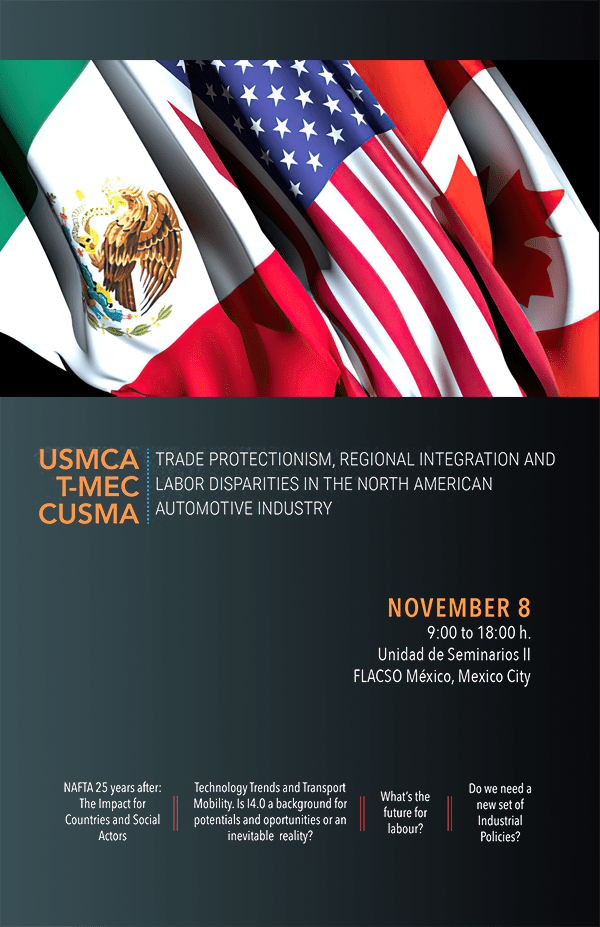
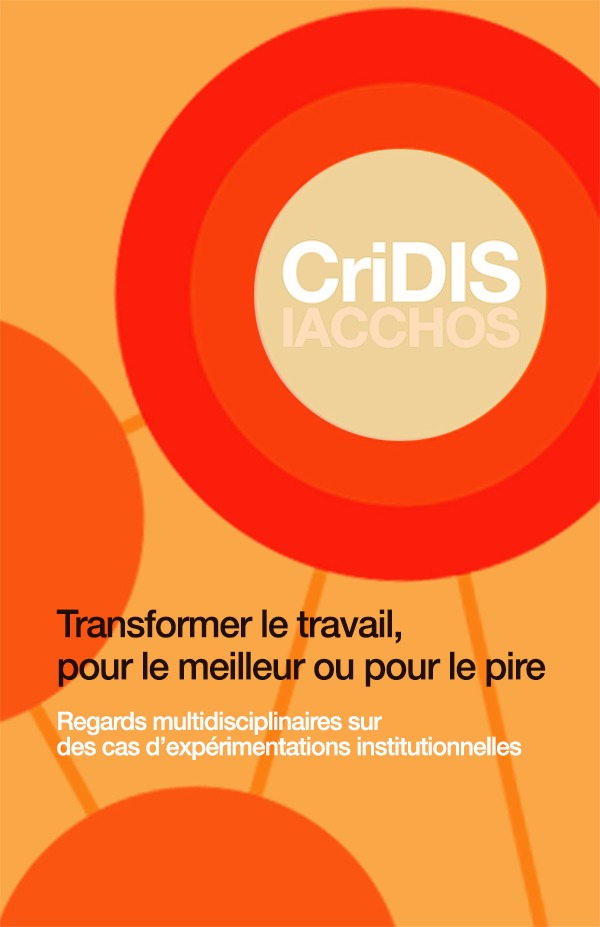
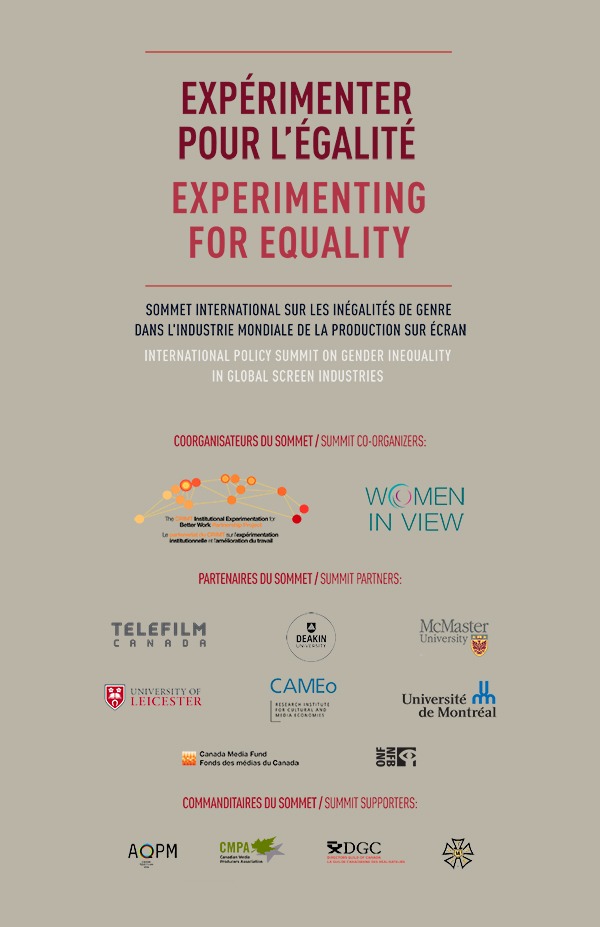
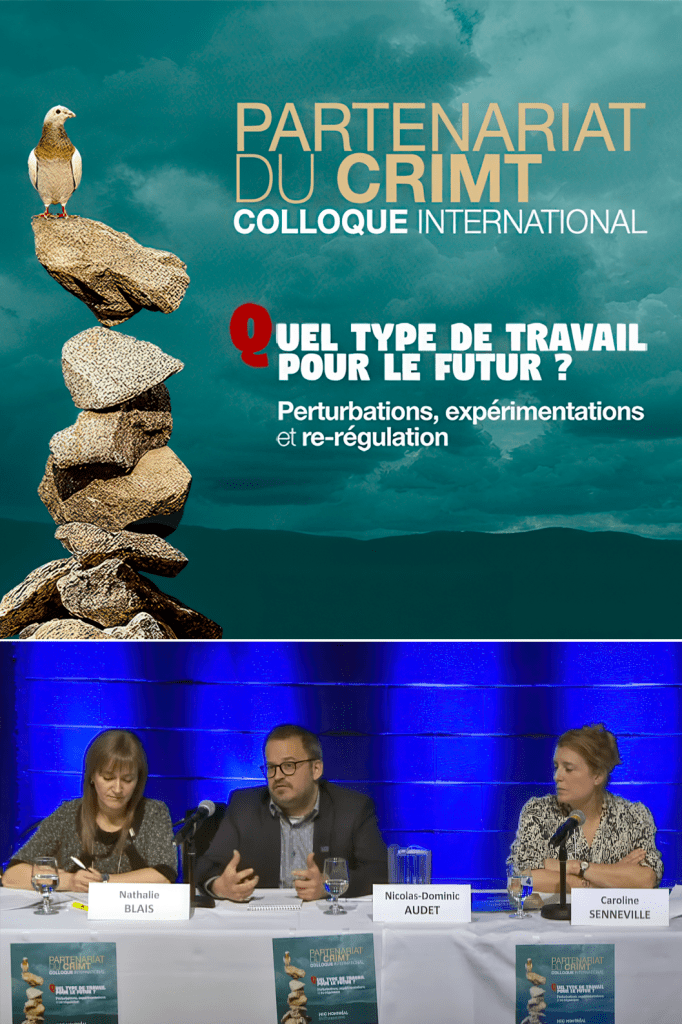
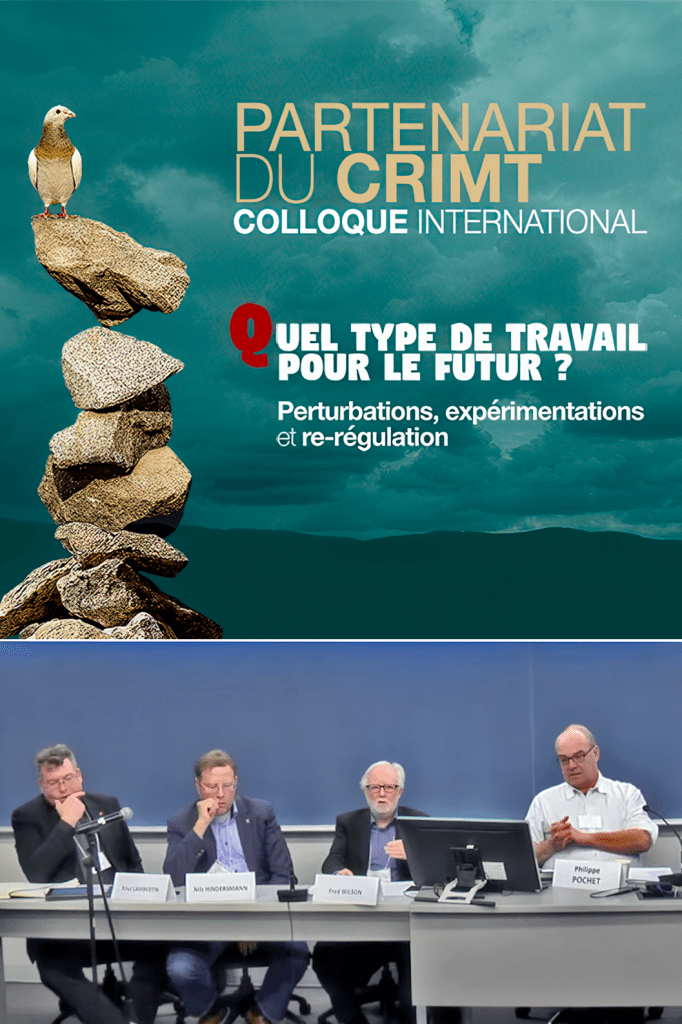
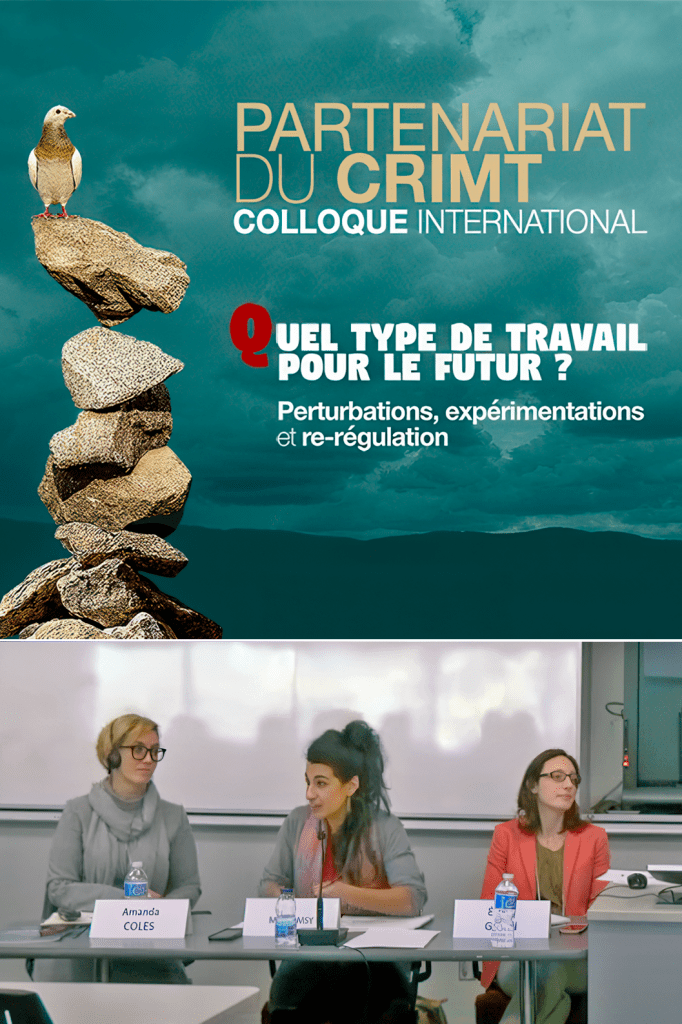
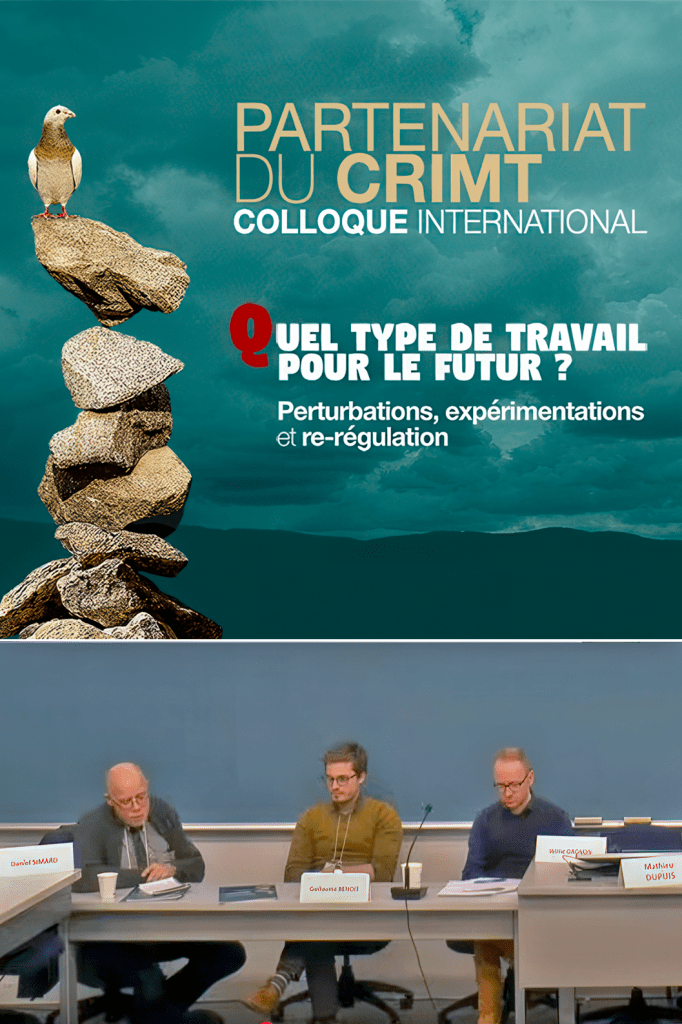
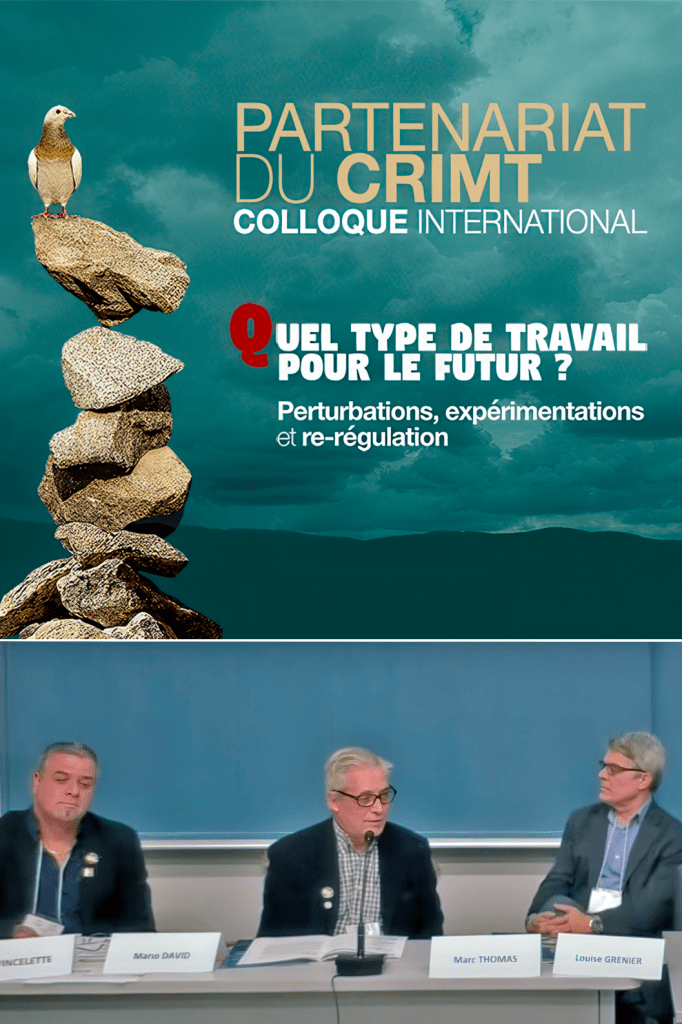
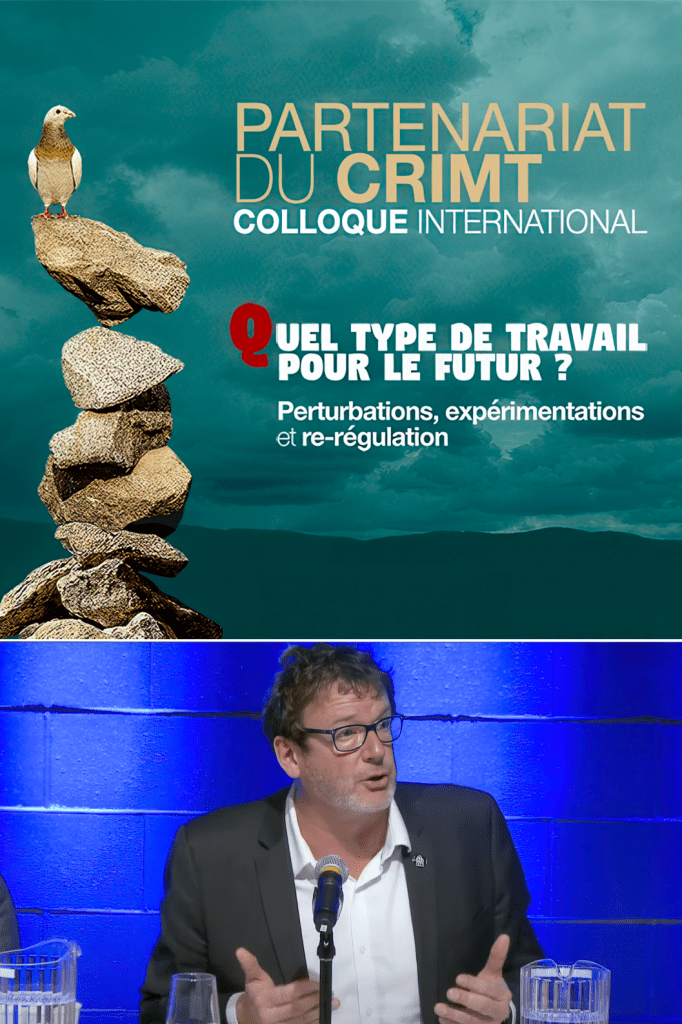
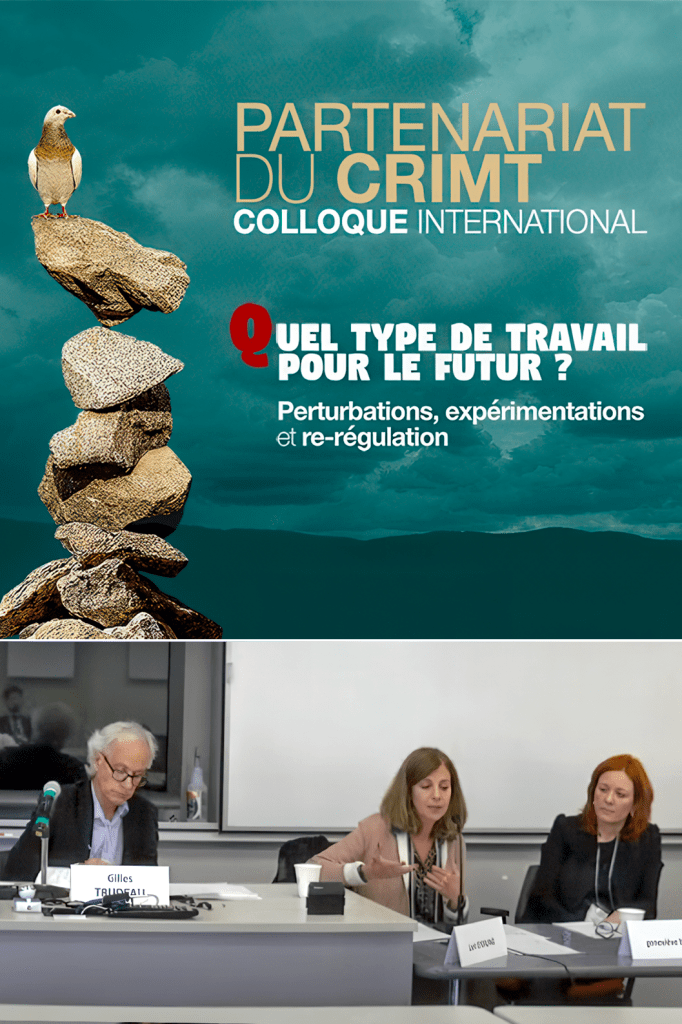
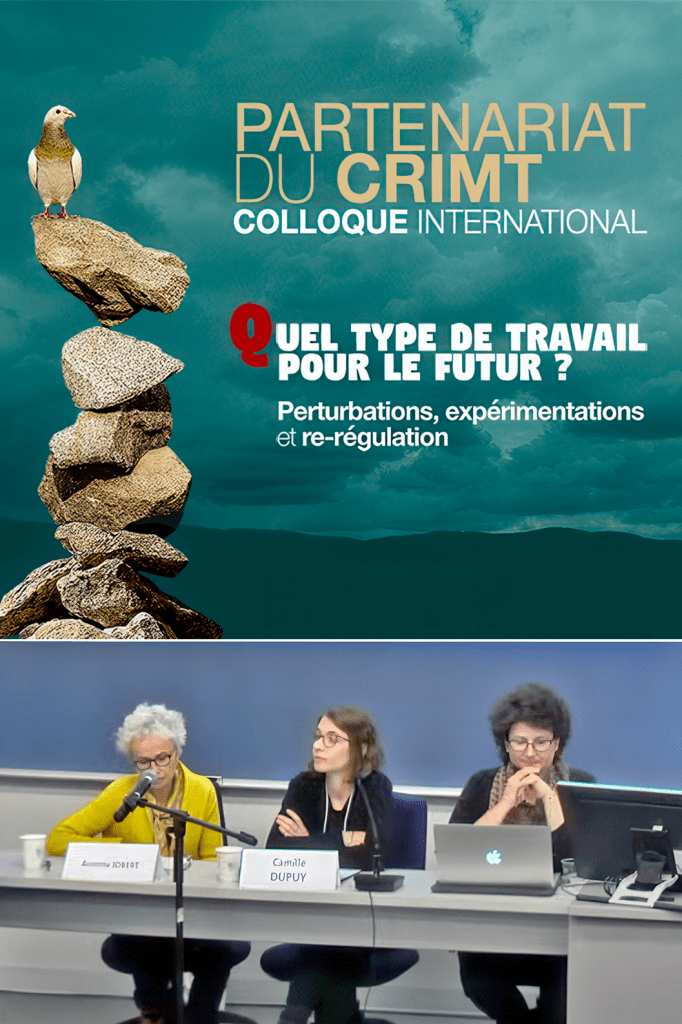
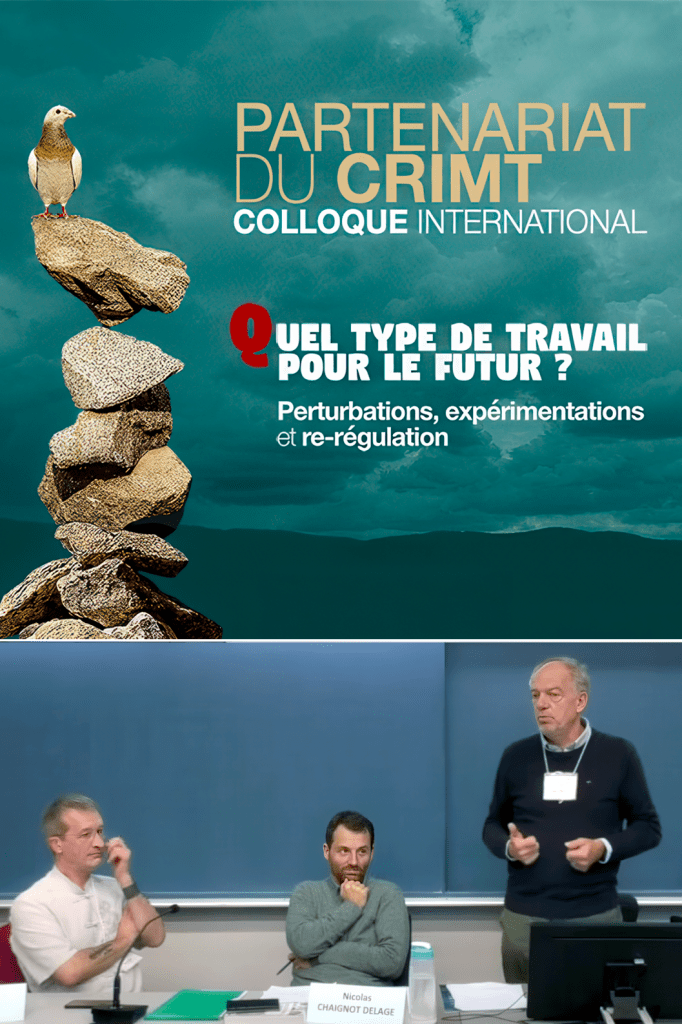
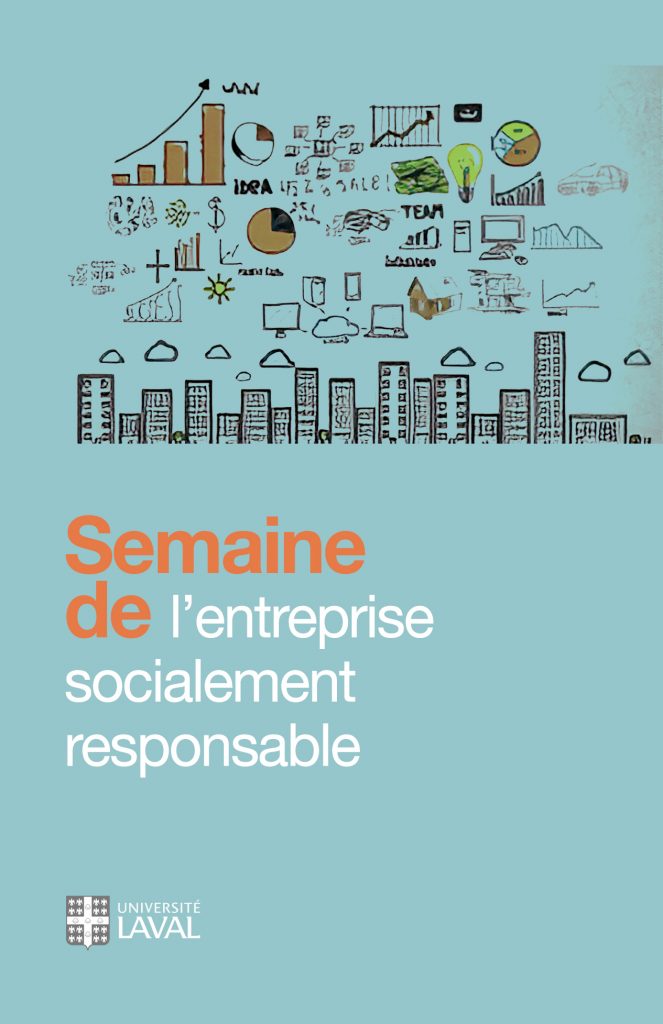
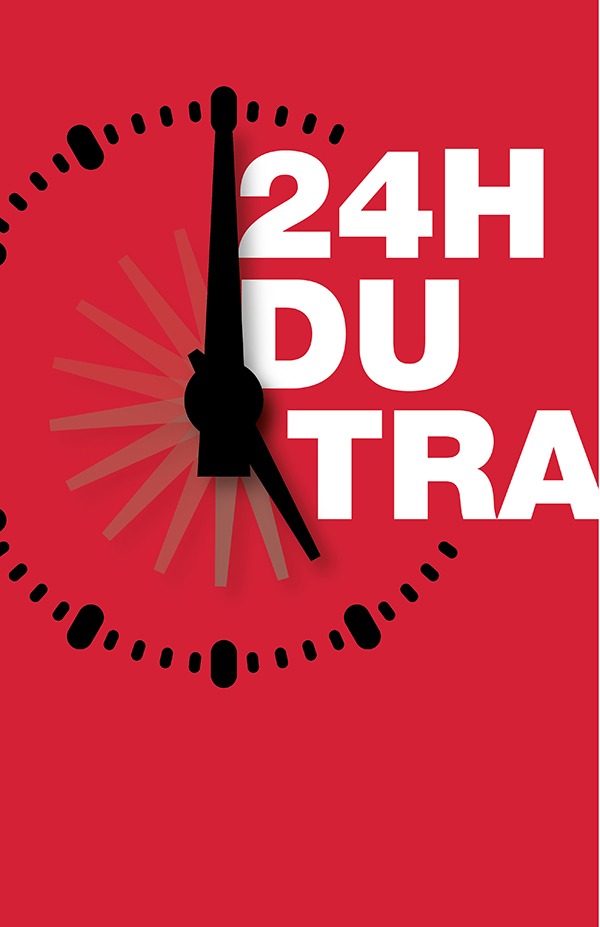

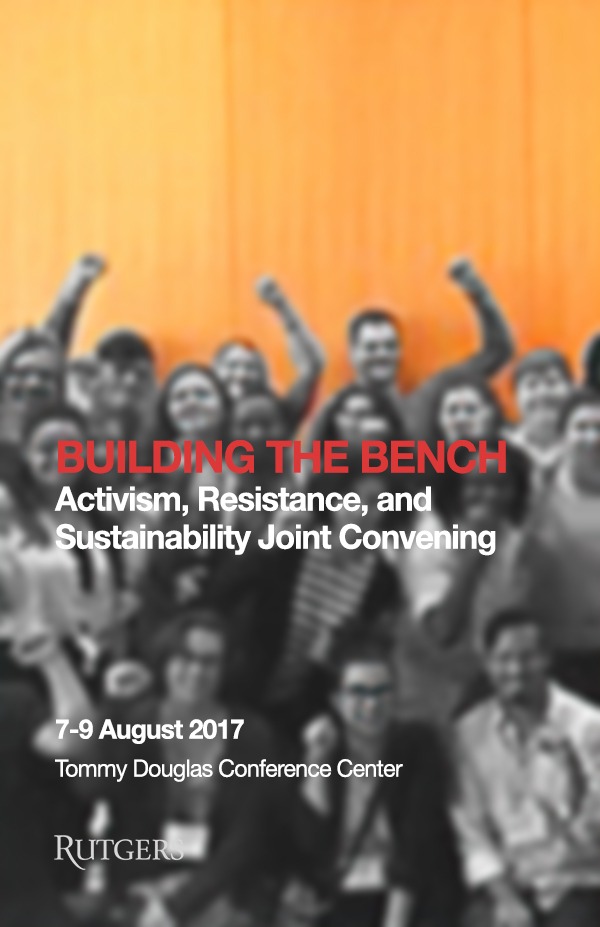

15 May 2023
Raja Chatila (Sorbonne Université), Kai-Hsin Hung (HEC Montreal), Pamela Lirio (Université de Montréal), Jeremy Pinto (MILA)
Webinar
How to Welcome ChatGPT in the Academic World? Crossed perspectives on the uses and limits of generative AI for research and teaching
ChatGPT, a conversational bot developed by California-based OpenAI, has grown in popularity since it opened to the public on November 30, 2022. Tens of millions of users are already interacting daily with this text-generating AI for assistance with a variety of tasks, whose scope is still difficult to quantify. The IT and marketing sectors have already incorporated ChatGPT features into their daily activities. Real productivity gains can be seen in these sectors as a result of it. How is it used in academia and what are the repercussions?
The academic community is not spared by the popularity of this robot, and it is wondering what attitude to adopt regarding the issues it raises: Students are already using ChatGPT to write essays, teachers use it to create evaluation questionnaires, and researchers use it to summarize articles. What ethical issues and repercussions will they have?
In light of the many questions raised by the use of ChatGPT in academia (intellectual property, plagiarism, false information, lack of sources, redundant research), the CRIMT Student Affairs Coordinating Committee, in collaboration with the Industry 4.0, Work and Employment Axis of the International Observatory on the Societal Impacts of AI and Digital Technology (OBVIA), hosted a public webinar on May 15, 2023 to address these issues. Researchers (Raja Chatila, Sorbonne Université, Pamela Lirio, Université de Montréal, and Jeremy Pinto, MILA) and graduate students (Kai-Hsin Hung, HEC Montréal, and Romain Bertrand, IRISSO, Paris-Dauphine) participated in a roundtable discussion.
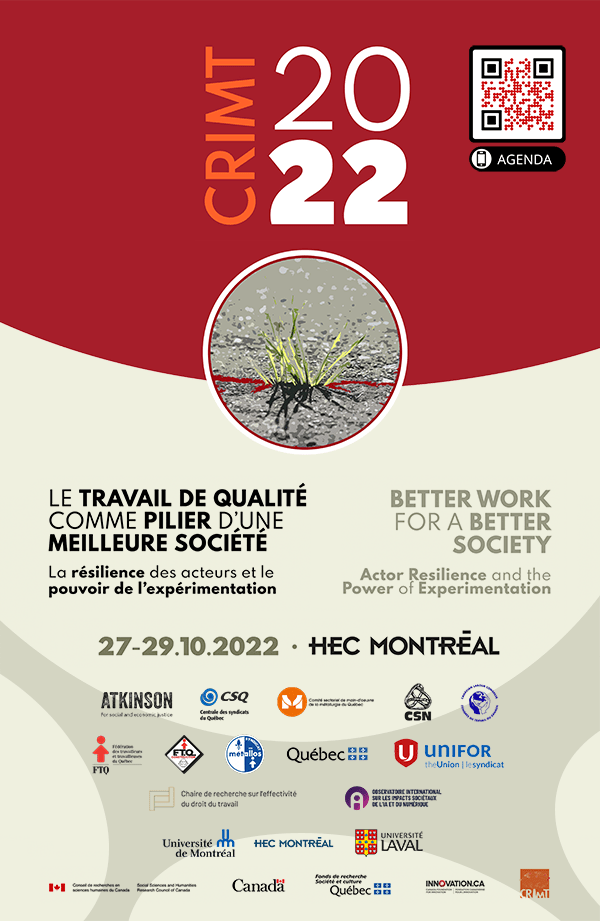
28 October 2022
Community Forum
HEC Montréal, Canada
Better Work for a Better Society. Actor Resilience and the Power of Experimentation
CRIMT’s Community Forums are primarily intended for social actors and mobilize, within the same sessions, academics and practitioners from the world of work. They aim to provoke (sometimes improbable) encounters between the worlds of research and practice. Participants in the 2022 Edition of the Forum discussed issues related to the future of work and addressed a variety of themes, such as : Is a change in the
Wagner Model a condition for Better Work, a HRM crossroad feeling at unions: a comparative study of succession planning and staffing challenges in two confederations based in Quebec and the Southern Basque country, engaged and useful scholarship – moving beyond the elite projects of ‘impact’ and ‘engagement’, climate jobs: the future for unions?, international labour solidarity for democratic independent unions in Mexico: The Centro de Apoyo a las Libertades Sindicales (CALIS) as a unique example of Canada-Mexico trade union solidarity, preventing work accidents and occupational diseases: what avenues in the wake of the reform of Quebec’s occupational health and safety regime, etc.
Organized as part of CRIMT’s 2022 Conference, the Community Forum brought together more than 300 participants to discuss issues related to organizational and institutionnal experimentation for better work and better societies.
This event was funded in part by the Social Sciences and Humanities Research Council of Canada’s Connection Program, and benefitted from the financial support of the Atkinson Foundation, the Centrale des syndicats du Québec (CSQ), the Comité sectoriel de main-d’œuvre de la métallurgie du Québec (CSMO-M), the Commission des partenaires du marché du travail (CPMT), the Confédération des syndicats nationaux (CSN), the Canadian Labour Congress (CLC), the Fédération des travailleurs et travailleuses du Québec (FTQ), the FTQ-Construction, the Syndicat des Métallos, the Ministère du Travail, de l’Emploi et de la Solidarité sociale du Québec, Unifor, the Chaire de recherche sur l’effectivité du droit du travail (CREDT) the Observatoire international sur les impacts sociétaux de l’IA et du numérique (OBVIA).

6-10 June 2022
Summer School
Université de Montréal / University of Toronto
The Climate Crisis and Future of Work
Climate change represents an epochal change, exerting multiple disruptive effects on economic activity, jobs, human health and well-being in Canada as elsewhere. However, labour market actors, as well as relevant curricula in the institutions of higher learning, often seem ill-prepared to meet these challenges.
To play a part in helping to address these knowledge and capability gaps, the Canadian Industrial Relations Association, in partnership with Blue Green Ideas, the Centre for Industrial Relations and Human Resources at the University of Toronto , the Interuniversity Research Centre on Globalization and Work and its Institutional Experimentation for Better Work Partnership Project and the School of Industrial Relations at the Université de Montréal held a first Summer School on the climate crisis and the future of work.
This event was funded in part by the Social Sciences and Humanities Research Council of Canada’s Connection Program, and benefitted from the financial support of the Centrale des syndicats démocratiques, the Comité sectoriel de main-d’œuvre de la métallurgie du Québec, the Confédération des syndicats nationaux, the Faculté des arts et des sciences, l’Université de Montréal, the Fédération autonome de l’enseignement, the Fédération des travailleurs et travailleuses du Québec, the Newfoundland and Labrador Federation of Labour, the Ontario Federation of Labour, the Canadian Union of Public Employees, the Ontario Public Service Employees Union, the Syndicat des Métallos, the Canadian Union of Postal Workers, UNIFOR, UNIFOR-Québec, the United Steelworkers and the Vice-rectorat à la recherche, à la découverte, à la création et à l’innovation, Université de Montréal.
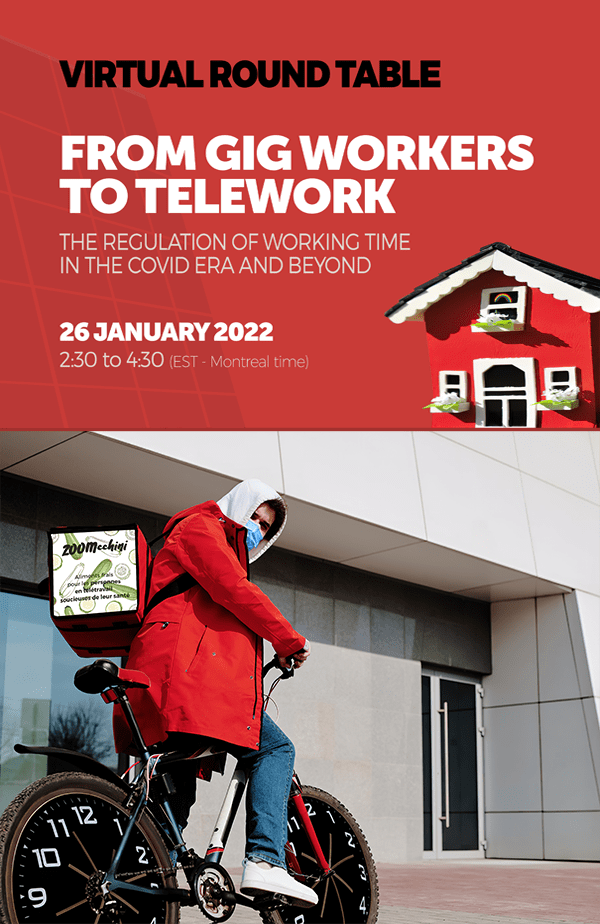
26 January 2022
Émilie Genin (Université de Montréal), Pierre-Samuel Proulx (Alliance de la fonction publique du Canada), Abdulah Raed (Gig workers united – STTP), Jennifer Scott (Gig workers united – STTP)
Webinar
From Gig Workers to Telework: The Regulation of Working Time in the Covid Era and Beyond
The global pandemic of COVID-19 has profoundly disrupted the world of work. The work organization of several has changed drastically, particularly in terms of work schedules. While workers providing essential services have had to deal with extended working hours, other have been forced to telework. For many, the disruptions caused by the pandemic have led to an increased blurring of the boundaries between work time and non-work time.
Was labour law able to hinder the adverse effects of the changes in professional temporalities observed during the pandemic and that will likely persist beyond? If the reference points of work time and place became even more fragile with the pandemic, how can we define work, an essential prerequisite to regulate its duration?
This webinar, co-organized by the UQAM Research Chair on the effectiveness of labour law (CREDT) and the CRIMT Institutional Experimentation for Better Work Partnership Project, explored how the pandemic provides a renewed context for reviewing and reconfiguring the regulation of working time.

11 December 2020
Jacqueline Corbett (Université Laval), Tania Saba (Université de Montréal), Alain Marchand (Université de Montréal), Anne-Marie Hubert (Associée directrice pour le Québec, Ernst & Young Canada), Francois Lamoureux (Président, Comité consultatif du travail et de la main d’oeuvre, Ministère du Travail, de l’Emploi et de la Solidarité Social), Manon Poirier (Directrice générale, Ordre des conseillers en ressources humaines agréés du Québec)
Online platform
Conference on Telework: State of Play and Reflection on the Future of Work
The Industry 4.0, Work and Employment Axis of the International Observatory on the Societal Impacts of AI and Digital Technology (OBVIA), in partnership with the BMO-Diversity and Governance Research Chair, the Observatory on Health and Well-being at Work and the Inter-University Research Centre on Globalization and Work (CRIMT), held a conference-discussion on telework with researchers and labour market partners to take stock of the current situation and initiate reflection on the future of work.
Whether seen as a new way of organising flexible work, as a measure to increase productivity or as a means of preventing contagion, telework has suddenly become an unavoidable issue for workplaces. Between risks and opportunities, the current context of the pandemic offers a unique opportunity to examine the phenomenon in order to better understand the issues that surrounds it and to initiate a discussion on the kind of regulatory framework necessary in the post-Covid-19 era.

18 November 2020
Julie Battilana (Harvard University), Isabelle Ferreras (UCLouvain), Marguerite Mendell (Concordia University), Gregor Murray (Université de Montréal), Andrew Jackson (Broadbent Institute), Esteban Kelly (U.S. Federation of Worker Cooperatives), Lana Payne (UNIFOR), Jim Stanford (Centre for Future Work)
Online platform
Democratizing Work: A Conversation on the Lessons of the Current Pandemic for the World of Work
“Working humans are so much more than ‘resources’. This is one of the central lessons of the current crisis.” So begins a manifesto drafted in the spring of 2020 in response to the Covid-19 pandemic, which argues that work needs to be democratized, de-commodified and made sustainable.
The Manifesto has been translated in multiple languages and supported across the globe. This conversation on Democratizing Work, which took take place on Wednesday November 18th, was an opportunity to being together its authors with leading representatives and specialists from the world of work in a conversation about the Manifesto and current priorities for the pandemic and beyond.
The Conversation on Democratizing Work is an initiative of the CRIMT Partnership on Institutional Experimentation for Better Work, the Karl Polanyi Institute, and the Industry 4.0, Work and Employment Axis of the International Observatory of the Societal Impacts of AI and Digital Technology.

17 November 2020
Adelle Blackett (Université McGill), Isabelle Ferreras (UCLouvain), Dominique Méda (Université Paris-Dauphine), Marguerite Mendell (Concordia University), Gregor Murray (Université de Montréal), Nil Ataogul (Syndicat des travailleurs et travailleuses unis de l’alimentation et du commerce), Pierre-Antoine Harvey (Centrale des syndicats du Québec), Josée Lamoureux (Confédération des syndicats nationaux), Jonathan Vallée-Payette (Fédération des travailleurs et travailleuses du Québec)
Online platform
Démocratiser le travail: une conversation sur les leçons à tirer de la pandémie
“Working humans are so much more than ‘resources’. This is one of the central lessons of the current crisis.” So begins a manifesto drafted in the spring of 2020 in response to the Covid-19 pandemic, which argues that work needs to be democratized, de-commodified and made sustainable.
The Manifesto has been translated in multiple languages and supported across the globe. This conversation on Democratizing Work, which took take place on Wednesday November 18th, was an opportunity to being together its authors with leading representatives and specialists from the world of work in a conversation about the Manifesto and current priorities for the pandemic and beyond.
The Conversation on Democratizing Work is an initiative of the CRIMT Partnership on Institutional Experimentation for Better Work, the Karl Polanyi Institute, and the Industry 4.0, Work and Employment Axis of the International Observatory of the Societal Impacts of AI and Digital Technology.

1 May 2020
Online Program-International Conference
Virtual Forum
FirstMAI2020 : GET THE JOB DONE. Proposals for an Ecological, Social and Democratic Plan
In the context of the Covid-19 pandemic, total lockdowns led to work being both mishandled and recognized in new ways. On May 1, 2020, the CESEP, the TED-CriDIS-UCLouvain group and the Federation of Social Services – FDSS, in partnership with the Actrices & Acteurs des temps présents, Econosphères, FEC Formation Education Culture, CRIMT, Smart Belgique, Propage-s, CIEP/MOC Brabant wallon, the Federation of Medical Houses, Associations 21 and POUR organized a talk show to discuss bold proposals for a reorganization of the world of work, so that the post-Covid era does not signal a return to the status quo or, worse, a hardening of prior positions.
The program was hosted by Isabelle Masson-Loodts (independent journalist) and Julien Charles (UCLouvain and co-researcher at CRIMT).

22 January 2020
National Forum
Element AI, Canada
Labour Market Futures with the Rise of Artificial Intelligence
It is rare to witness societal changes as profound as the transition we are witnessing with the advent of the age of artificial intelligence. While we are now experiencing its first appearances in innovative companies or forward-thinking organizations, we are still far from the complete ubiquity of AI that we can anticipate in the medium term.
This event, organized jointly by CRIMT, Element AI and OBVIA’s 4.0, Work and Employment Axis, brought together several labour market and union stakeholders. The purpose of this event was to discuss the future of the labor market with the emergence of AI, the changes to be expected in this transition and to reflect on the means available to prepare actors for the impacts of AI on work.

8 November 2019
International Forum
FLACSO, Mexico City, Mexico
USMCA/T-MEC/CUSMA. Trade protectionism, regional integration and labor disparities in the North American automotive industry
FLACSO-Mexico, in collaboration with COLEF and the ARPC, held an International Forum on the New North American Trade Agreement from the perspective of institutional experimentation. It consisted of four workshops led by university researchers and Mexican government representatives. Workshop topics included the impacts of the USMCA (and trade-related disputes and pressures), emerging production technologies (i.e., Industry 4.0), the future and role of industrial policies in promoting the automotive industry, etc. The workshop also provided an opportunity to discuss the impact of the USMCA on the Mexican economy.

28 May 2019
National Forum
UCLouvain, Belgium
Agile and Participatory Practices in Organizations: Potentials and Limits for Workers?
The research group Travail, Entreprise, Démocratie du CriDIS-UCLouvain organized, in collaboration with the CESEP, an exploratory study day on agile and participatory practices in organizations.
Following the exploration of initial avenues of analysis by TED, the Forum allowed discussions in “Fishbowl” mode with experts, consultants, union actors and members of case study organizations.

18-20 November 2018
International Summit
University of Montreal, Canada
Experimenting For Equality: International Policy Summit on Gender Equality in Global Screen Industries
On November 18, 19 and 20, 2018, some 40 leaders from the film and television production industries gathered in Montreal for an International Summit on Gender Inequalities in the Global Screen Production Industry.
A collaboration between Amanda Coles (Deakin University) and Émilie Genin (Université de Montréal), the latter brought together delegates from the United Kingdom, Europe, Australia and Canada to share their sectoral and policy expertise on how best to promote gender parity in the industry.
The summit was co-organized by the Interuniversity Research Centre on Globalization and Work (CRIMT) and Women in View, in collaboration with Telefilm Canada, Deakin University, McMaster University, University of Leicester, CAMEo, Université de Montréal, Canada Media Fund, NFB, AQPM, Canadian Media Producers Association, Directors Guild of Canada and IATSE.

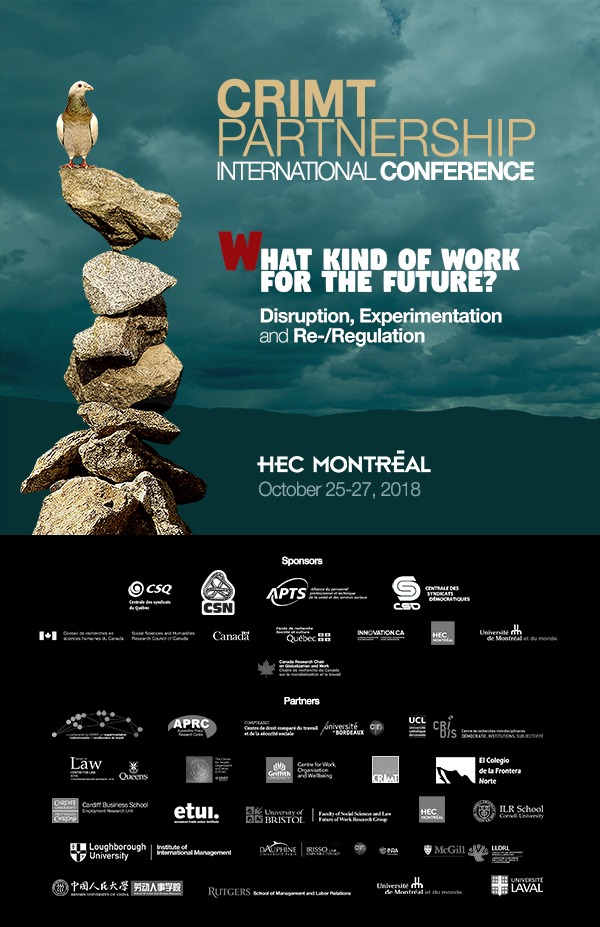
26 October 2018
Community Forum
HEC Montréal, Canada
What Kind of Work for the Future? Disruption, Experimentation and Re-/Regulation
Aimed primarily at social actors and mobilizing, within the same sessions, academics and practitioners from the world of work, CRIMT’s Community Forums aim to provoke (sometimes unlikely) encounters between the worlds of research and practice. Discussing issues related to the future of work, participants of the 2018 edition of the Forum addressed various themes, such as the renewal of union action repertoires, the digital transition, the challenges of equality, diversity and inclusion, transformations in the practice of collective bargaining, the prevention and post-vention of at work suffering, etc.
Organized as part of CRIMT’s Colloquium 2018, the Community Forum brought together hundreds of participants to discuss issues related to institutional renewal in an era of globalization.

1 October 2018
Socially Responsible Business Week
Université Laval, Canada
Round Table on Corporate Social Responsibility
Organized jointly by the Centre d’études en droit économique (CÉDÉ) and the Laboratoire interdisciplinaire de la responsabilité sociale des entreprises (LIRSE), in collaboration with multiple partners, including CRIMT, the Socially Responsible Business Week offered a series of events designed to provide the public (academics, students, practitioners, professionals, etc.) with a new and original look at the links between business and social responsibility.
CRIMT organized the opening session, which aimed to identify the main issues related to the various and more or less restrictive policies and practices in the area of corporate social responsibility of multinational companies.

11-12 December 2017
International Forum
SMart, Belgium
24 Hours of Work: Autonomy in Solidarity, Why and How?
This outreach activity was organized as part of a survey conducted by Julien Charles, Isabelle Ferreras and Auriane Lamine of the CriDIS on the practices and prospects of democratic work, based on the experiments underway in the SMart cooperative
The world of industrial employment is crumbling. Pieces of the glacier are falling into the ocean and disappearing from our sight. But other islands are appearing, new archipelagos of work need to be mapped.
Proposals are on the table and experiments are underway. Sometimes for the worse, but let’s also look at the best, those that pursue the historical horizon of workers’ mobilizations in favour of more solidarity and autonomy in the face of capitalism, those that also call for more democracy and respect for natural resources.
These 24 hours of work were aimed at a diverse public: user members and permanent workers of SMart, researchers, actors of the social and solidarity economy, union representatives and association activists.

1 November 2017
National Forum
Montreal Science Centre, Canada
Aero in the Age of 4.0. Anticipated Impacts on Human Resources
Aerospace today is at the heart of the transition to Industry 4.0. In the era of “big data”, robotics and artificial intelligence, many people are questioning the transition process to 4.0 and the place of human resources within these transformations: what are the challenges posed by the transition to 4.0? What about the impact of 4.0 on human resources management?
This Forum, intended for managers and employee representatives, was designed to enable them to better understand the issues associated with the transition to 4.0, to identify the impacts of this transition on human resources and to identify possible solutions to meet the challenges of 4.0.
Organized in collaboration with the Comité sectoriel de main-d’oeuvre en aérospatiale and HEC Montréal, with the participation of Aéro Montréal and the International Association of Machinists and Aerospace Workers (IAMAW District 11), it stimulated both plenary exchanges with the speakers and small group discussions among the participants on topics that encouraged the sharing of experiences.

7-9 August 2017
National Forum
Tommy Douglas Conference Center, USA
BUILDING THE BENCH. Activism, Resistance, and Sustainability Joint Convening
The purpose of this outreach activity was threefold: to share what labor market actors are doing and learn how to develop more powerful low-wage workers’ organizations, including how to engage and support their members and leaders; to take a close look at leadership models that have been successfully used in electoral contexts and see what is applicable or useful in work-related organizations; and to generate new ideas regarding the development of models and structures for growth.
This event was organized by Rutgers SMLR‘s Center for Innovation in Worker Organization (CIWO).
